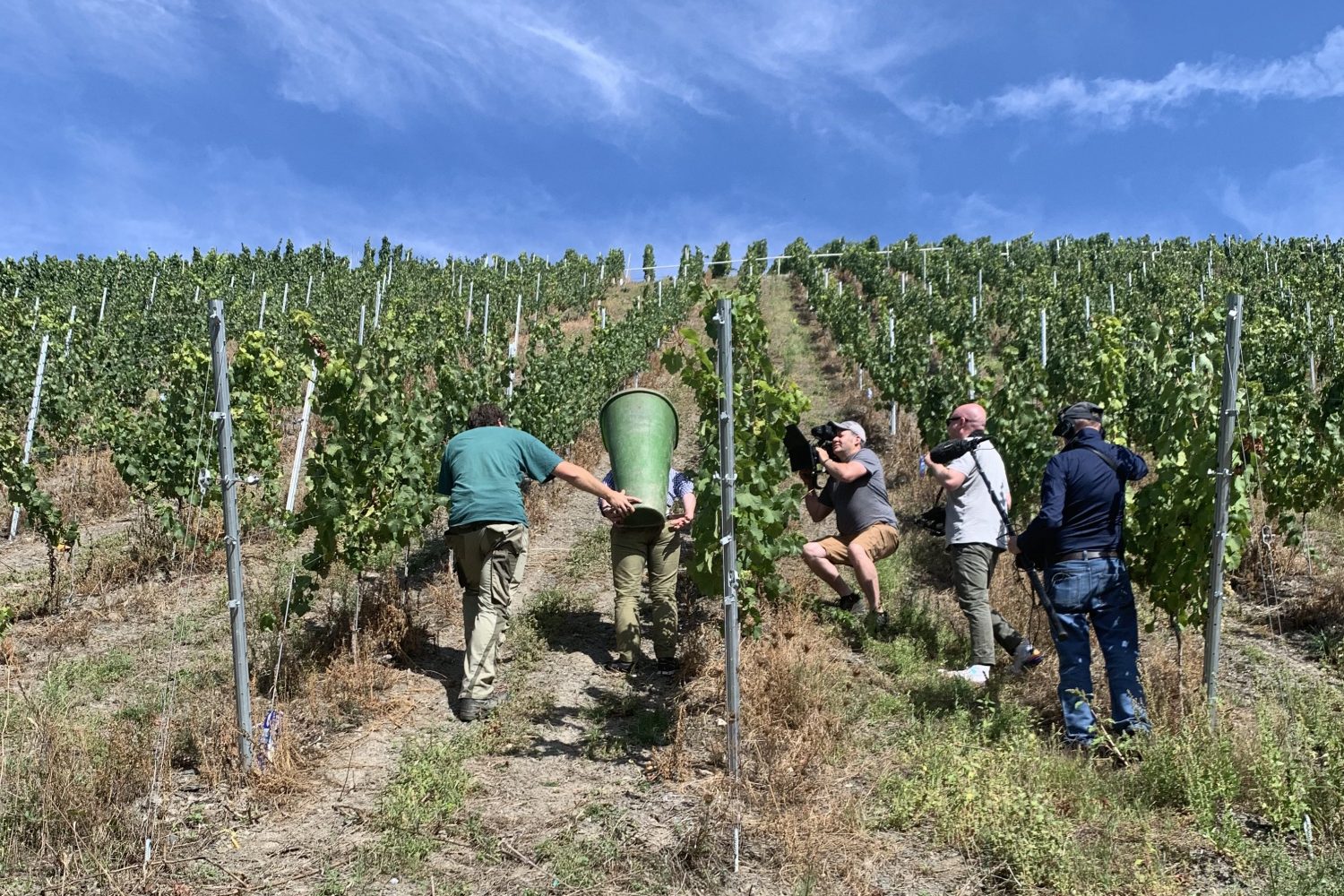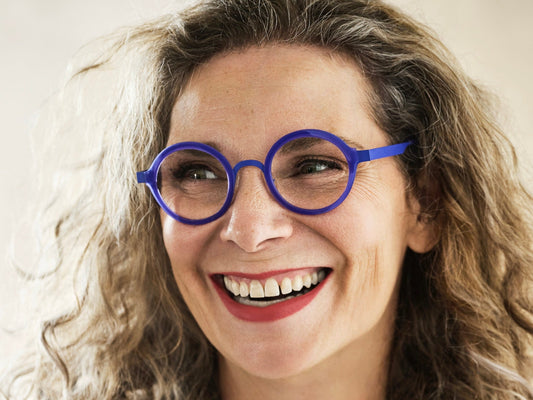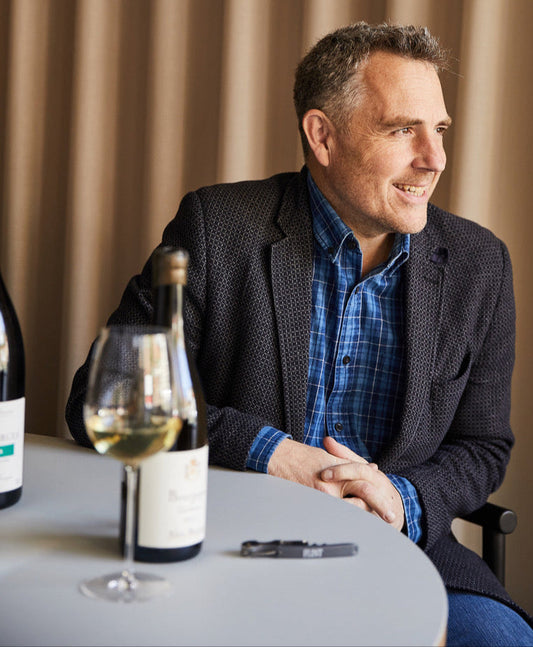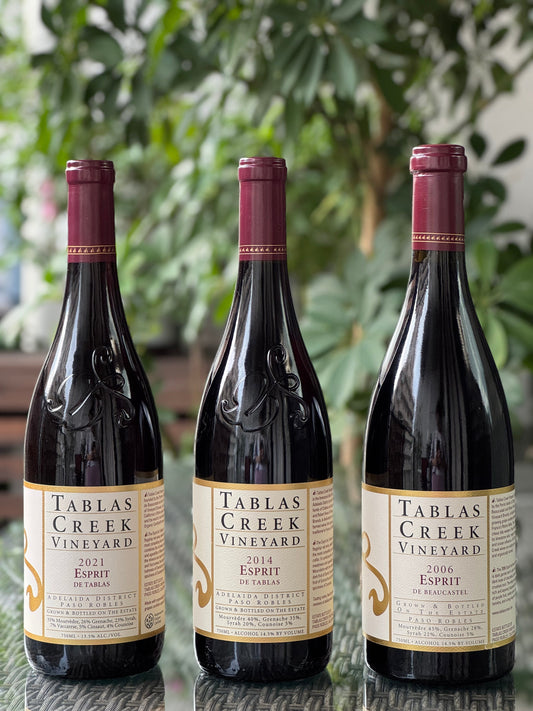| You wait ages for irony, and then three come at once. Here's an explanation of terroir told in a joke by a German historian. ‘An angel came down from heaven to visit a winemaker on the Mosel,’ begins Achim Ochs. We're on a tour of the once mighty wine-trading town of Traben-Trarbach. ‘The winemaker showed the angel his immaculate vineyard. He said: “We must tend every vine perfectly. For getting the grapes ripe is God's work.” The winemaker showed the angel his winery. He said: “We must keep our equipment immaculate because as Jesus turned water into wine, we turn grapes into wine. And this is God's work.” He showed the angel his barrel hall, all perfectly arrayed. “We care for our barrels, because tending these special wines is God’s work.” But before they finished the tour the winemaker said: “Let me show you our finest vineyard.” They climbed to the top of a hill to a wild, untended thicket, vines and brambles, all fighting for space. “This is your finest vineyard?” asked the angel. “Ah yes,” said the winemaker. “In this vineyard we let God do the work himself.”’ Not a day later I saw this joke made real with winemaker Daniel Immich in the town of Enkirch. We sat at the top of a hill looking out over a wild, untended thicket of vines and brambles. It was hard to tell who’d jump out at us first. Aesop’s Fox or Br’er Rabbit. ‘The owner abandoned it. They just walked away. Forty years ago there were 200 hectares of vineyards in Enkirch. Today there are only 70.” Daniel’s more of a ‘show don’t tell’ kind of winemaker. So to explain why, we descended to one of his vineyards near the village. Its vines are planted on a vertiginous 60 degree slope, climbing behind the winery like a cliff. The slope is a loose scree of fragile blue slate. ‘Here,’ he said, hauling a 60 kilo ‘hotte’ onto a step for me to put on my shoulders, like a vast conical rucksack. I staggered to my feet. ‘Now you have to climb to the top of the vineyard.’ Every movement risked a catastrophic fall. And that was just on the steps up into the vineyard. Soon I was climbing across loose, treacherous slates, grabbing for something to stop me falling. After five metres I was dripping blood from a cut hand and admitted defeat. Sixty metres short of my target. Daniel explained the people who do this work each year are two Polish men. Skilled, expert, impossibly strong. Without them the vineyard would be impossible to work. No German wants the job. It’s clear the terroir of Enkirch is blue slate. South facing. Moderated by the river. But the terroir exists for two reasons only. And they come each year from Poland. To do God's work, so God doesn’t have to. They too are part of the terroir. |
| AUTHOR Joe Fattorini is a wine writer, presenter and speaker, known for his role as ‘Obi Wine Kenobi’ on television’s The Wine Show. For 14 years he was the weekly wine correspondent for The Herald Newspaper, and in 2017 he was named Wine Communicator of the Year by the IWSC. |
God's Work




